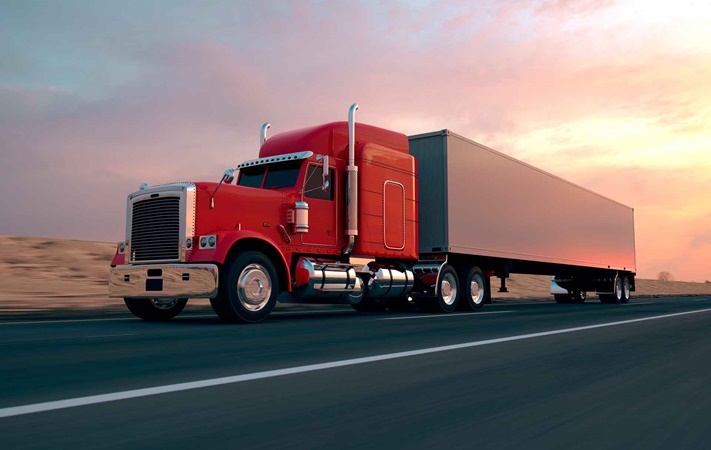
Trailers are some of the most useful vehicles that are present in the cargo industry. Whether you need to haul goods over long distances or load heavy-weight items, a trailer brings you all the advantages. So what are trailers? They are the unpowered part of the vehicle that is powered separately from the engine part of the vehicle.
In short, the trailer is the cargo space. Since the trailer part is unpowered, trucks can use different types of trailers to transport goods. This is why trailers are so versatile to use. Ideal for long-distance shipments, trailers have emerged as a constant force in the truck industry.
How do Trailers help in Long Distance Hauls?
Being able to carry items long-distance means trucks have to ensure a variety of factors. This is why trailers perfectly suit long-distance trucking.
-
Maximizing Cargo Capacity
Trailers allow you to transport large quantities of goods in a single trip. They come in various sizes and configurations.
For instance, there are flatbeds, and refrigerated trailers, catering to different types of cargo. This means fewer trips back and forth. It is essential in saving time, money, and fuel.
-
Distribution Efficiency
With trailers, you can efficiently distribute goods to multiple destinations along a route. This flexibility is crucial for businesses supplying goods to diverse locations. Instead of making separate trips for each destination, trailers enable multiple deliveries in one go.
-
Versatility on Wheels
Trailers are like customizable cargo boxes on wheels. They can be adapted to suit different types of cargo. Be it construction materials, perishable goods, or vehicles, trailers can carry everything.
This adaptability makes them indispensable for a wide range of industries and helps enhance the future of cargo transportation.
-
Cost-Effective Transport
All trailers are cost-effective when you compare them to other modes of cargo transport. They provide a balance between capacity and efficiency. No wonder that they are the preferred choice for many logistics companies.
-
Seamless Integration
Trailers can seamlessly integrate with tractor units. This forms a powerful combination known as a semi-truck. This allows for smooth navigation on highways and through urban areas. When hauled trailers such as these are always on time.
Types of Trailers for Long-Haul Transport
Here is a list of the types of trailuers that companies and businesses prefer for long-distance transportation.
-
Dry Van
These are ideal options for general cargo. These vans can carry large amounts of goods. The loading and unloading control is also quite easy. Most industries prefer using dry vans
-
Heater Van
These are designed to maintain specific temperatures inside the cargo space. This ensures the safe transport of temperature-sensitive goods over long distances.
-
Reefer Van
These come equipped with refrigeration units. These are perfect for transporting perishable goods. For example, food and pharmaceuticals over long distances.
-
Deck Gravel
They are suited for hauling construction materials such as gravel, sand, and other aggregates over extensive distances.
-
Side Dump
Most of these trailers are efficient for long-distance transportation of bulk materials, allowing for quick unloading along the side of the trailer.
-
End Dump
They enable the transport of bulk materials over long distances, with the ability to unload quickly from the rear end.
-
Cross Gate Hopper
They have been designed for the transportation of bulk commodities. So they can carry products such as grain and agricultural products over long distances.
-
Live Floor
Ideal for transporting bulky and loose materials over long distances, with a moving floor mechanism for easy unloading.
-
Grain
Specifically designed for transporting grain and other similar agricultural products over long distances, ensuring safe and efficient delivery.
-
Storage Logging
Tailored for the transportation of logs and timber over long distances, providing secure storage during transit.
